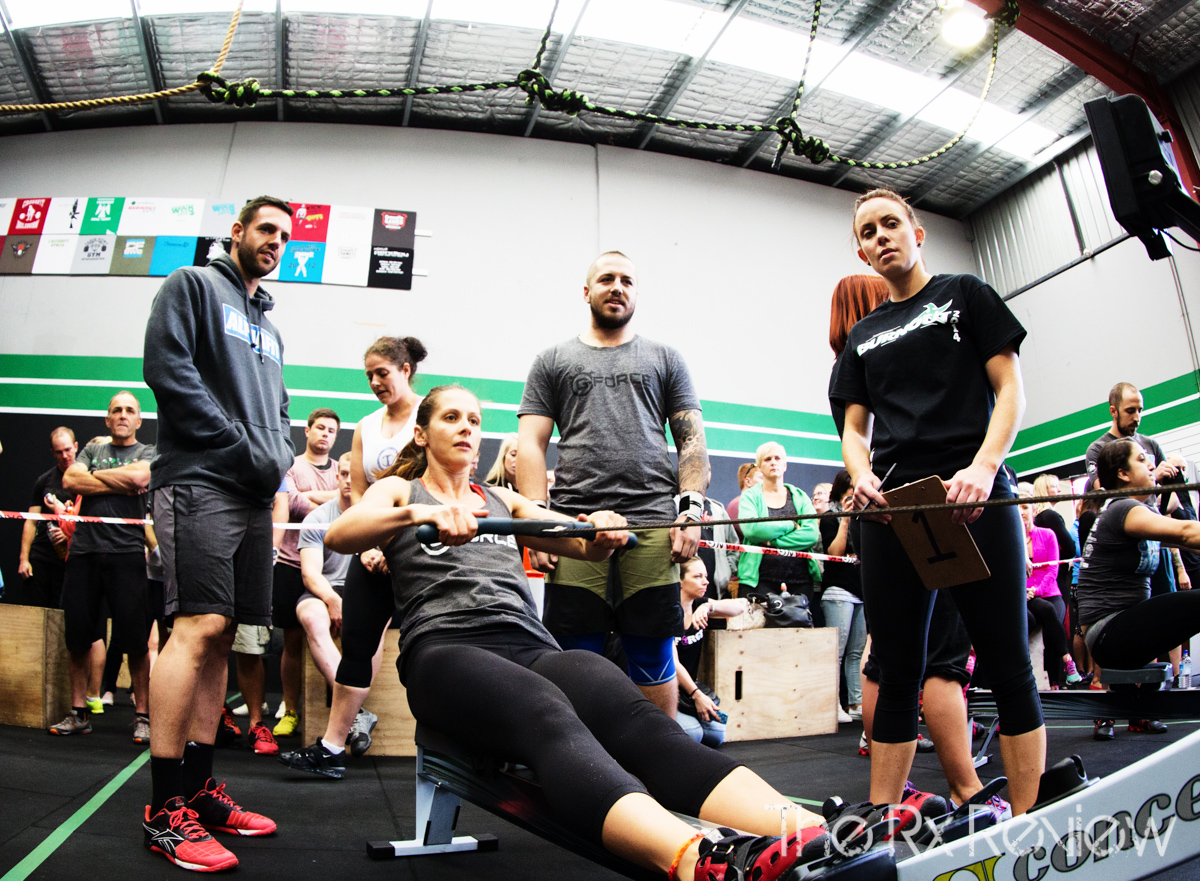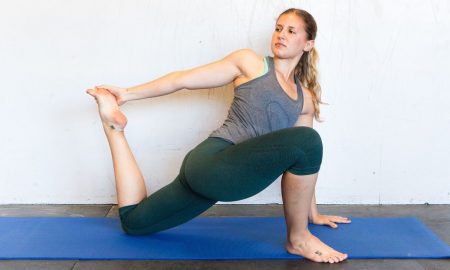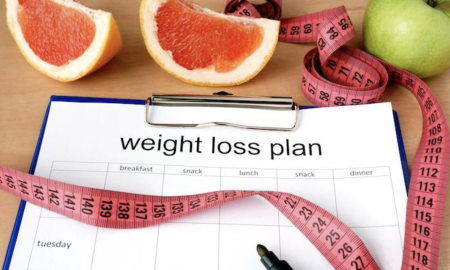
With so many people following a vegan diet these days, it’s important to know the best ways to find enough protein. Here are some tips for finding more plant-based proteins in your diet!
Vegan Protein Combinations
It is recommended that someone on a vegan diet should consume around 0.8 grams of protein for each kilogram of body weight. That’s about 61-68 grams per day for an average person weighing around 154 pounds, or 70-77 grams if they weigh 170 pounds.
However, if someone decides to go vegan, they might think that it’s impossible since the only foods often thought of as sources of protein are meat and other animal products. While it is true that these do contain more protein than other types of food, there are actually ways for you to get enough protein on a vegan diet. You can try combining different sources of plant protein by following protein combination guides that experts made. These guides break down the amount of protein found in certain plant food groups, which you can mix and match to make sure that you are getting enough.
When it comes to combining plant proteins, the most commonly known combination is beans and rice. This combination is also very tasty and can be taken in many different forms such as tacos, burritos, or even over some greens for a Mexican-style salad, but you can also consider supplements as well.
What Is Vegan Protein
Vegan protein is any type of protein that comes from plants. This includes legumes, nuts, seeds, whole grains, beans, fruits, and vegetables. There are two types of vegan protein: incomplete and complete.
Complete proteins are those that contain all nine of the amino acids our bodies need to build muscle. These include soy, quinoa, hemp seeds, chia seeds, amaranth, buckwheat groats, spirulina, pumpkin seeds, and sunflower seeds. If you’re having trouble remembering which foods are complete proteins, remember that animal products are not vegan but hemp seeds and soy are. So if you’re looking for vegan protein sources, these foods definitely should be included in your diet!
On the other hand, incomplete proteins contain two or more of the nine amino acids our bodies need to build muscle. This includes everything from lentils to chickpeas to peanuts and whole grains.
Sources of Vegan Protein
There are so many different types of plant proteins, so it’s best to try them all! Here is a list of the top foods you can eat for vegan protein:
- Legumes – Lentils, peas, beans (adzuki, black, fava, kidney, lima, navy, pinto)
- Nuts and seeds – Almonds, cashews, hemp seeds, chia seeds, flaxseeds, peanuts (boiled), pecans, pistachios
- Grains – Quinoa (cooked), brown rice (cooked), buckwheat groats (cooked), spelt berries(cooked), wheat berries (cooked)
- Soy – Tempeh, tofu, soy milk, edamame
Legumes and whole grains contain both soluble and insoluble fiber. These types of foods help regulate your digestion and can also decrease the risk of heart disease!
Why Is Protein Important?
Protein is important for many reasons. For one, it helps build and repair muscles, especially after exercise. It also helps regulate hormones and enzymes in the body, which means it plays a role in your metabolism as well. Also, protein helps keep you full and can decrease junk food cravings, which is always helpful when on a diet!
Protein is also necessary for building and maintaining other parts of your body, such as hair, bones, muscles, cartilage, skin, blood vessels. It also produces enzymes that are necessary to keep your digestive system running properly!
Protein Powder Alternatives
If you don’t feel like buying a vegan protein powder, then there are other ways you can get your daily necessary amount of protein! You could eat more beans and legumes, add quinoa to everything, or even use peanut butter to meet your quota. There is no need to rely just on a vegan protein powder when all of these foods work just as well!
You might be thinking that you can just use the vegan protein powder and you will get your fill, but this is not always the case. Make sure to read the ingredients of any type of vegan protein powder before purchasing it!
Another important thing to remember when using vegan protein powder is that you should be combining it with other proteins at each meal. So, if you are having a shake in the morning, have some tofu or tempeh for lunch, and have beans or lentils for dinner. If your diet lacks variety, then it might lead to deficiencies.
How Often Should You Intake Protein
Your doctor might suggest you eat up to 40 grams of protein per meal. However, this is not always the case; it varies depending on your body type, weight, and activity level. The standard rule of thumb for adults is to have 15-20 grams per meal, but this can be increased if you are very active.
If you are trying to build muscle mass, then you should consume up to 1 gram per pound of body weight each day. Protein powders can help with this goal by increasing your daily intake without having to eat more food.
What About Protein Bars?
Protein bars can be great sources of vegan protein if you’re on the go, but some brands are definitely better than others. Try to find a bar that has at least 5-6 grams of protein and 3 or fewer grams of sugar. You also want to make sure they do not contain any added sweeteners or “proprietary” ingredients because these are usually just fillers.
Remember to always read the ingredients list before purchasing a protein bar! It can be easy to get tricked by pretty packaging or high amounts of protein, but that does not mean it’s healthy. Usually, the fewer ingredients, the better.
Following a vegan diet can be a great way to get all the protein your body needs, but it’s important to know which foods are the best sources of vegan protein. There are many different ways to get enough protein in your diet, so don’t feel like you have to rely just on vegan protein powder. Variety is key, and by eating a variety of plant-based foods, you’ll be sure to meet your daily requirements!


















Follow Us